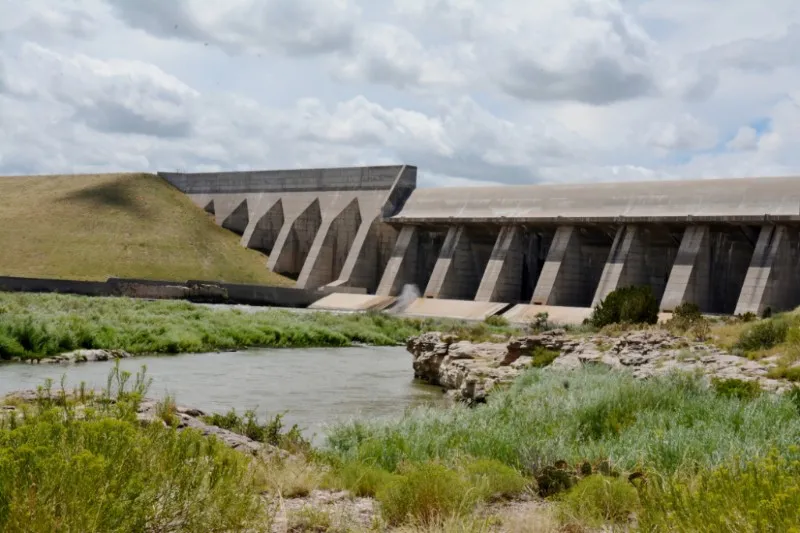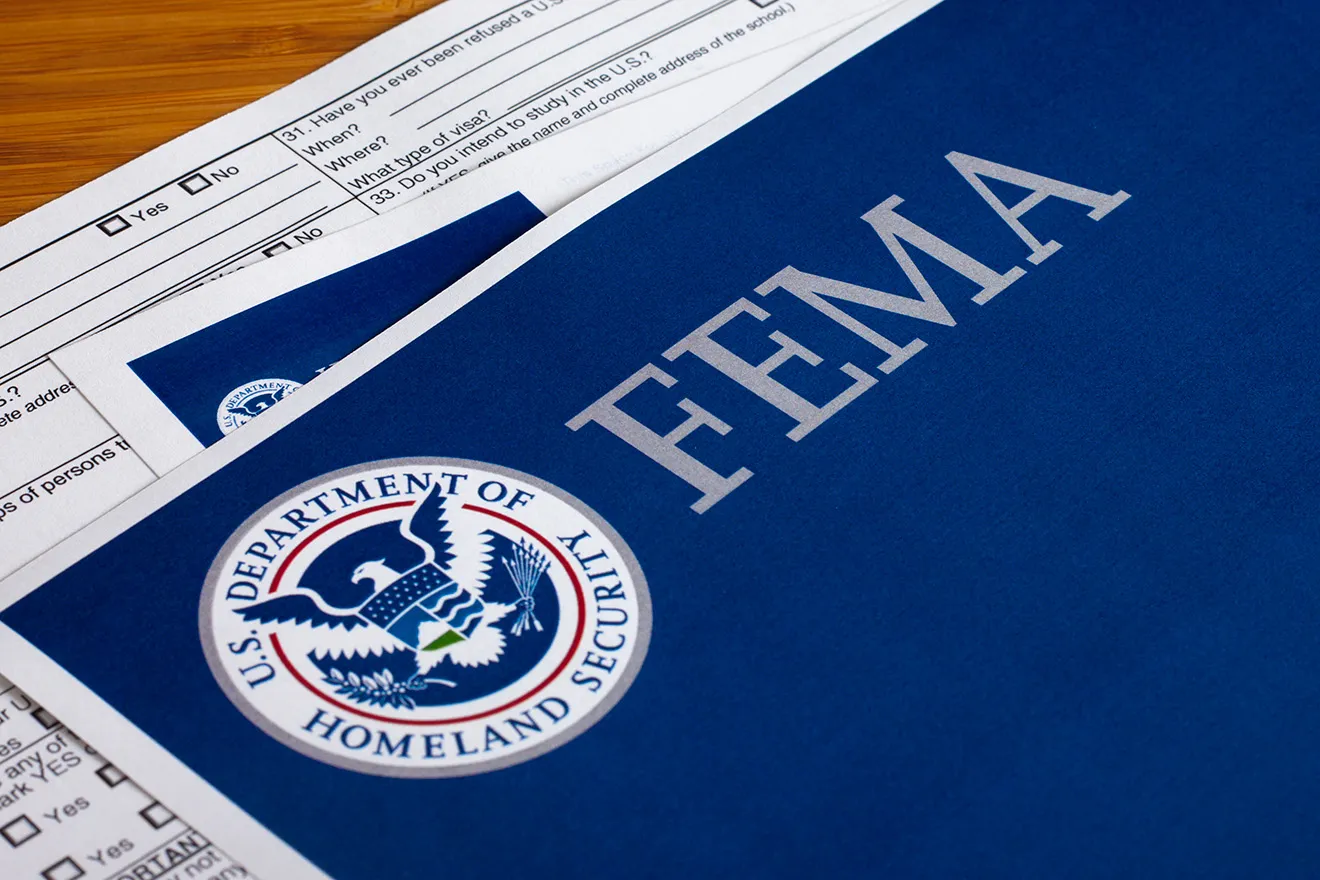
Daily Audio Newscast Afternoon Update - November 22, 2024
News from around the nation.
Trump suffers first defeat but as always doubles down for the next fight; From Ohio to Azerbaijan: How COP29 could shape local farming; Funding boosts 'green' projects in Meadville, Pennsylvania; Virginia apprenticeships bridge skills gaps, offer career stability.
Transcript
The Public News Service Friday afternoon update.
I'm Mike Clifford.
For Donald Trump, every defeat is just the catalyst for his next battle.
That's the take from CNN.
They report, no sooner had the president-elect suffered his first big reversal since winning election, when his scandal-tainted pick for Attorney General Matt Gaetz withdrew Thursday after days of steady worsening scrutiny of alleged sexual misconduct, Trump doubled down.
CNN reports in Gaetz's place, Trump chose Florida's former Attorney General Pam Bondi, another ultra-loyal MAGA warrior who is one of the most outspoken proponents of Trump's theory that U.S. justice was weaponized against him.
Next, world leaders and students, including a group from Ohio State University, are in Azerbaijan for the United Nations Climate Change Conference, also known as COP29.
This year's focus is on how global food systems contribute to climate change and what nations can do to address agricultural emissions.
U.S. Agriculture Secretary Tom Vilsack also highlighted the Biden administration's efforts to integrate climate-smart practices into farming, underscoring their importance to international cooperation.
Edward Davie with the Food and Land Use Coalition says the success of last year's agricultural commitments hinges on meaningful action.
I think the UAE declaration will succeed or fail whether those 20 or so countries come back to Bel Air next year with serious, quantifiable, specific goal to imagine.
Davie refers to the UAE Declaration on Sustainable Agriculture signed by 160 nations at last year's COP28.
Farrah Siddiqui reporting.
This story produced with original reporting from Dawn Etchride for Sentinent.
Next to Northwest Pennsylvania, where a small rural town is using a combination of state and federal funds to implement green projects as part of its Climate Action Plan.
Meadville's plan started in 2018 by measuring its greenhouse gas emissions and setting local goals to reduce them and to make the community more resilient.
Autumn Vogel on the Meadville City Council says an Environmental Advisory Council was created and government funding has allowed them to open the bidding on a rooftop solar array on the Victor C. Leap building located downtown.
That building just got a new roof and new utilities.
It's already pretty efficient.
For Public News Service, I'm Danielle Smith.
And it's the 10th anniversary of National Apprenticeship Week.
Charles Skelly is president of the Richmond Building and Construction Trades and business manager of the International Brotherhood of Electrical Workers Local 666.
He says in this economy, the benefits of apprenticeship are unbeatable.
It's more than just simply job security, though.
All of our trades have family sustaining wages with health insurance, retirement, a well-rounded benefits package.
So they've got a career that they can take with them.
These programs, which have been part of the building trades for over a century, remain a cornerstone of the workforce development in the state.
This is Public News Service.
As we head towards the weekend, this Saturday is National Adoption Day.
And the latest findings show Minnesota has made progress in helping kids in the foster care system secure a better future.
Foster economist Aaron Sojourner helped lead research into reforms Minnesota approved in 2015.
He says states often provide financial support to children in foster care, but this support ends when a child is adopted or placed in a kin guardianship.
Minnesota decided to continue those payments to households that take in a child permanently.
Sojourner says three years after that stable environment was established, positive outcomes took shape.
The kids were scoring much higher on standardized achievement tests.
They were experiencing less turnover in schools and school instability.
He says the incentives also boosted the chances of kids age six and older exiting the foster care system and moving into a permanent home setting by 29 percent.
I'm Mike Mowen.
And walking pneumonia cases are rising sharply in central Indiana, with local physicians noting a significant surge since midsummer.
Our Julian Lurie has more in this Wish TV Free Press Indiana, Indiana News Service collaboration.
The illness can spread through droplets raised by coughing or sneezing, making it highly contagious.
Dr. John Christensen with Riley Hospital for Children says it's less severe than traditional pneumonia, but can escalate if left untreated.
Children die, adults die of it.
Sometimes it invades the brain and it can cause an inflection there.
Symptoms often mild at first can include a sore throat, persistent cough and chest pain.
Physicians urge parents to monitor for these signs and seek medical evaluation if symptoms worsen.
This story was produced with original reporting from Kyla Russell for Wish TV.
The CDC reported a jump in diagnosis among children age two to four from one to over seven percent within six months.
And La Nina is bringing a cooler, wetter winter to Oregon and likely driving up heating bills as systems work harder.
This is the third year of major price hikes for Pacific Power and PGE, with rates up by 40 percent from four years ago.
One report finds nearly half of Americans struggle to pay their utility bills.
And last winter, a January ice storm and rate hikes saw power shut off for record number of Oregon households due to lack of payment.
Jamie Seymour with Energy Trust of Oregon says this winter one way to save on energy bills is to lower the thermostat at night.
Every degree you drop that thermostat, you can save about three percent on your energy bill.
I'm Isabel Sharlai.
The most helpful way to save money is to keep the heat inside by insulating walls, attics and floors.
This is Mike Clifford for Public News Service, member and listener supported. Hear us on radio stations big and small, your favorite podcast platform.
Find our content and our trust indicators at publicnewsservice.org.
















